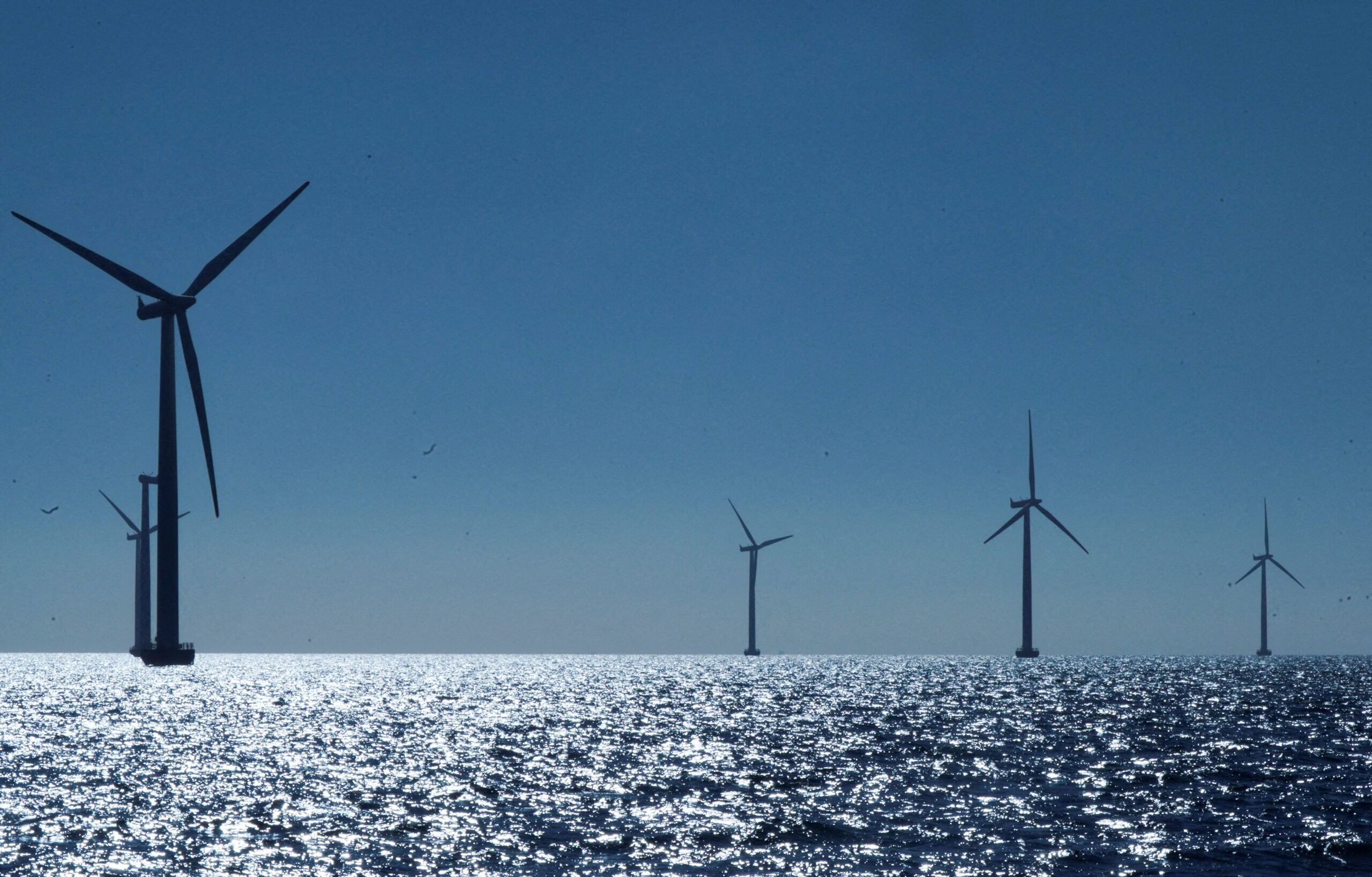The Trump administration has ordered Ørsted, Denmark’s state-backed renewable energy giant, to suspend constructionof its $1.5 billion offshore wind farm off the coast of Rhode Island. The decision, issued by the Bureau of Ocean Energy Management (BOEM), has left the project frozen at nearly 80% completion and threatens to deepen the company’s financial challenges.
A Project in Limbo
The project, known as Revolution Wind, was designed to supply clean energy to 350,000 homes in Rhode Island and Connecticut. Ørsted had already installed all offshore foundations and 45 of the 65 planned turbines. With construction halted, the company now faces a cashflow crisis just as it prepares a $9.4 billion emergency rights issue to stabilize its balance sheet.
Ørsted has said it is “evaluating all options,” including potential legal action, while it assesses the financial implications of the stop-work order.
National Security Concerns
The BOEM order cites unspecified national security issues, with officials referencing the need to protect U.S. exclusive economic zones and prevent interference with high seas and territorial waters. This is the second time in 2025 the administration has halted a major offshore wind development, following an earlier order that temporarily froze a fully permitted Equinor project.
President Donald Trump has made his opposition to wind power clear, criticizing it as unreliable and costly. On his first day back in office in January, he suspended new offshore leasing pending a broader environmental and economic review.
Industry Pushback
The decision has sent shockwaves through the renewable energy sector. The National Ocean Energy Industries Association (NOIA) warned that halting a project so close to completion threatens jobs, investor confidence, and America’s credibility in meeting clean energy targets.
“These projects are not only about energy,” said NOIA President Erik Milito. “They represent long-term investment, jobs, and industrial supply chains.”
Broader Implications for Ørsted
Ørsted, which is 50.1% owned by the Danish state, is one of the world’s largest offshore wind developers. However, its U.S. operations have faced mounting setbacks. Earlier this month, the company sought shareholder financing to advance its Sunrise Wind project off New York, after potential partners withdrew in response to what they described as the administration’s hostile stance toward wind energy.
The repeated stop-work orders have raised concerns about the viability of U.S. offshore wind projects under current policy conditions, as investors weigh the risks of backing large-scale renewable infrastructure in such an uncertain regulatory environment.
Outlook
With Revolution Wind nearly complete but indefinitely paused, Ørsted faces a dilemma: proceed with legal challenges and financing efforts to save the project, or reconsider its U.S. strategy altogether. For the renewable energy sector, the case underscores the tension between national security claims and the broader push for decarbonization, raising a critical question: Can the U.S. meet its clean energy ambitions while pulling the brakes on projects at the finish line?
Partner With Us
Want to feature your brand, business, or service on 365247 — Whether you’re looking to sponsor, collaborate, or build presence within our ecosystem, we’d love to explore it with you.
Submit your interest here


